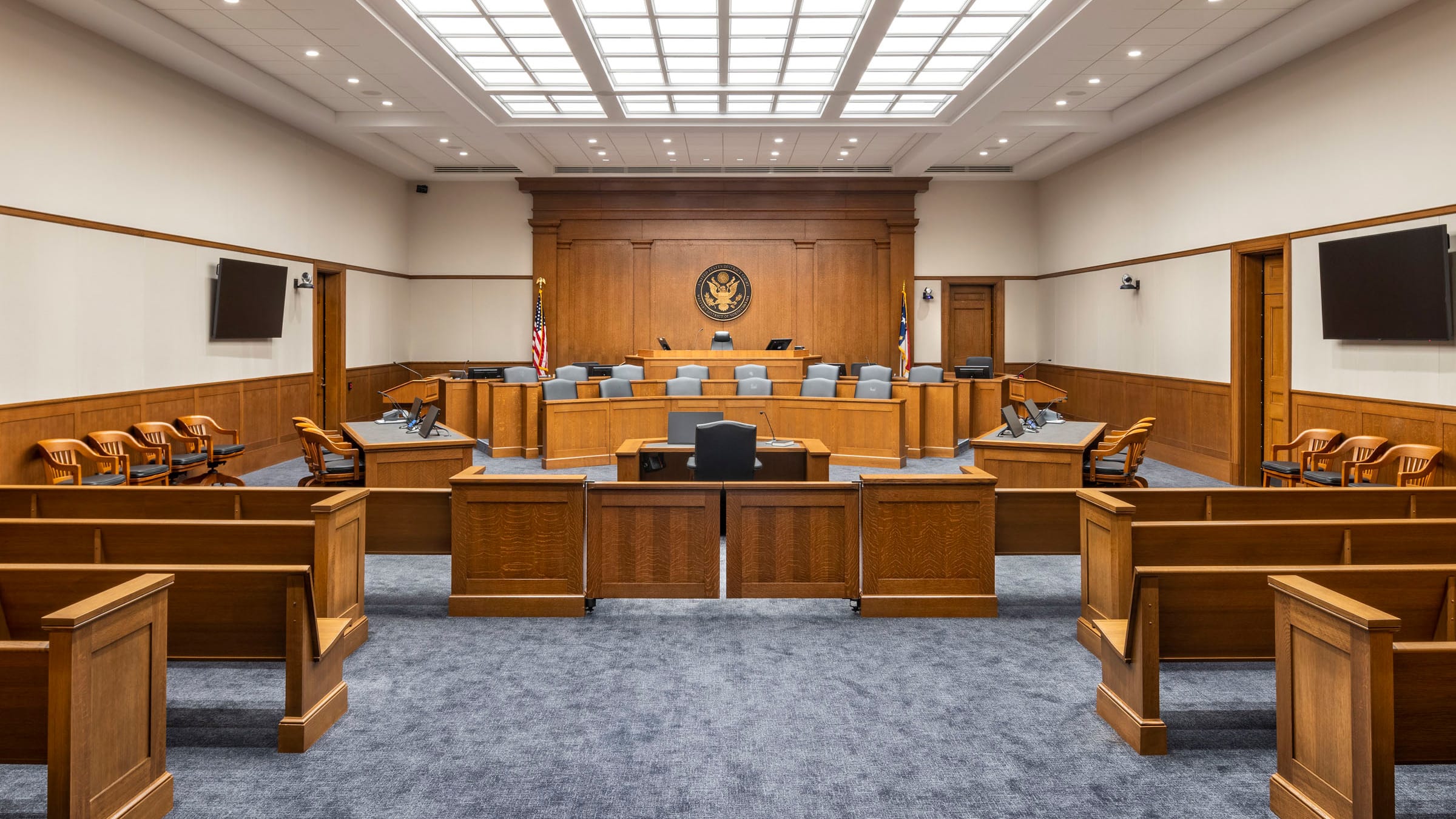In a situation that has raised eyebrows across the political and legal landscape, former President Donald Trump is seeking $230 million in compensation from the U.S. Department of Justice (DOJ). This unprecedented demand stems from two separate federal investigations that took place during his time as a private citizen and while he was in office. The case has sparked intense debate about ethics, legal procedures, and the boundaries of presidential power.
Understanding the Background

The lawsuit centers around two major investigations:
-
The 2016 Russia Election Interference Probe: This investigation, led by the FBI and Special Counsel, looked into potential ties between the Trump campaign and Russian entities during the 2016 election. Trump has long called this a “witch hunt,” claiming it was politically motivated.
-
The Classified Documents Case: This involves the FBI’s search of Mar-a-Lago, Trump’s Florida estate, in August 2022, where classified documents were found. The DOJ later dropped the charges against Trump, citing its policy of not prosecuting a sitting president.
Trump filed these complaints through the Federal Tort Claims Act (FTCA), which allows citizens to seek compensation for injuries caused by federal agencies. However, the unique nature of this case—where Trump is both the plaintiff and the former head of the DOJ—has created a significant ethical dilemma.
Legal Framework and the Federal Tort Claims Act

The FTCA was enacted in 1946 to allow individuals to sue the federal government for negligence or wrongful acts by its employees. It was designed for routine situations, such as accidents involving government vehicles, not for high-profile cases involving former presidents.
Trump’s claims are being processed through the standard administrative procedure, which requires filing a formal claim with the relevant agency using Standard Form 95. Claimants have two years from when the alleged injury occurred to file, and the agency has six months to respond.
If the claim is denied or ignored, the claimant can file a lawsuit in federal court. In Trump’s case, the Biden administration did not settle or formally respond to the claims, leaving the matter unresolved.
Who Is Reviewing the Claims?
The decision-makers reviewing Trump’s claims are his own appointees, many of whom have deep ties to him. For example:
- Todd Blanche, the Deputy Attorney General, was Trump’s lead defense lawyer in the classified documents case.
- Stanley Woodward Jr., the Associate Attorney General, represented Walt Nauta, Trump’s co-defendant in the Mar-a-Lago case.
- Pam Bondi, the Attorney General, was part of Trump’s impeachment defense team.
- Kash Patel, the FBI Director, is a staunch Trump ally.
These officials are in a position to approve any settlement over $4 million, which includes Trump’s $230 million demand.
Ethical Concerns and Legal Challenges

Legal experts have called the situation “outlandish” and a “travesty,” citing fundamental conflicts of interest. The ethical implications are clear: how can the same government that investigated and charged Trump now be responsible for paying him?
Furthermore, the legal merit of Trump’s claims is questionable. To prove malicious prosecution, he must show that the criminal proceeding ended in his favor, there was no probable cause, and it was started with improper motives. The dismissal of the classified documents case followed DOJ policy, not a finding of innocence.
The privacy claim also faces hurdles. The FBI search of Mar-a-Lago was conducted under a warrant approved by a federal judge, who had to find probable cause. For a court to find the search violated Trump’s rights, his lawyers would need to prove the warrant was obtained improperly.
What Happens Next?

There are three possible outcomes:
-
Settlement: Most observers believe a settlement is the most likely outcome. If approved, the payment would come from the Judgment Fund, a permanent Treasury Department appropriation for settlements and judgments against the government.
-
Litigation: If the DOJ denies the claims or fails to act, Trump could file a lawsuit. This would create a case titled Donald J. Trump v. The United States of America, where the plaintiff runs the defendant government.
-
Transparency: No specific rule requires the DOJ to publicly announce administrative claim settlements. A nine-figure payment to the president could potentially occur without immediate public disclosure, though such a secret payout would likely trigger intense scrutiny if discovered.
Historical Context
While U.S. presidents have been involved in numerous legal battles, a sitting president demanding personal financial compensation from his own administration for a prior administration’s actions has no known precedent. Clinton v. Jones (1996) established that presidents aren’t immune from civil lawsuits for pre-office actions, but that involved a private citizen suing the president—the reverse of this situation.
Nixon v. Fitzgerald (1982) granted presidents absolute immunity from damage suits based on official presidential acts. That principle relates to executive duties, not claims for personal damages against the government.
Conclusion
The Trump DOJ lawsuit is a unique and complex case that raises important questions about ethics, legal procedures, and the balance of power. While the outcome remains uncertain, the situation highlights the challenges of navigating legal and political boundaries in a highly polarized environment.
As the case continues to unfold, it will be closely watched by legal experts, journalists, and the public alike. Stay updated with the latest news on this developing story.











More Stories
US Trending News: The History and Legacy of Zoo York in Streetwear Culture
US Trending News: The ‘Your Mom’ White House: A Trendy Take on Political Humor
US Trending News: Who Is Karoline Leavitt, ‘Your Mom’ in Political Memes?